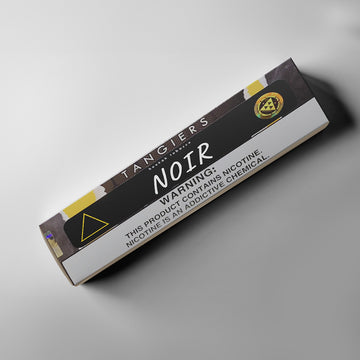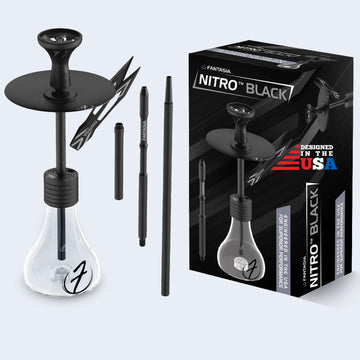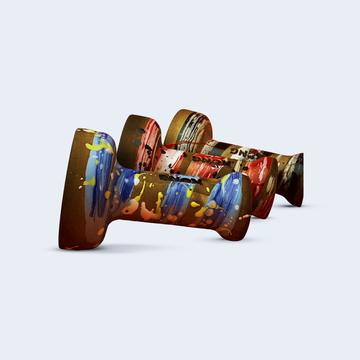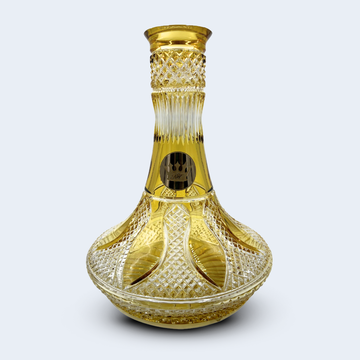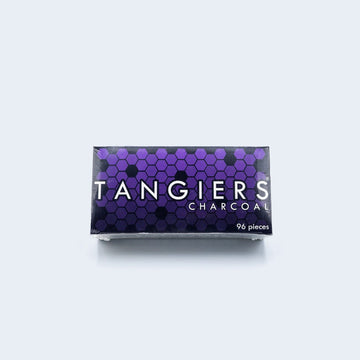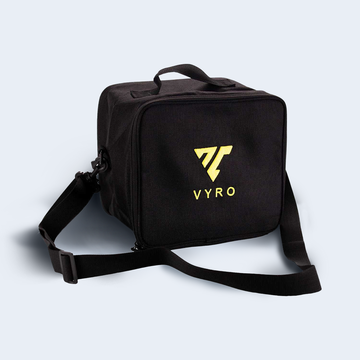Sharing a hookah has gained significant popularity, offering a seemingly relaxed alternative to cigarette smoking. The key to a great experience are the hookah coals, the heat source that vaporizes the flavored tobacco shisha. However, questions surrounding the safety of these coals persist. Are they truly a benign heat source, or do they pose health risks? This article delves into the specifics of hookah coals, particularly focusing on the widely favored coconut hookah coals, to help you understand the potential implications.
What are Coconut Coals?
Traditional hookah coals were often made from quick-lighting charcoal, which contains chemicals that allow them to ignite rapidly with a lighter. While convenient, these quick-lighting coals release their own set of potentially harmful chemicals during burning. In contrast, coconut hookah coals, also known as coconut coal or coconut shisha coal, have emerged as a preferred and generally considered safer alternative.
Coconut coals are made from the compressed and carbonized shells of coconuts. This natural material undergoes a process where it's heated in the absence of oxygen, leaving behind pure carbon. The result is a coal that is virtually odorless and tasteless when burning, allowing the true flavor of the shisha to shine through.
Here are some popular hookah coal brands:
Made from compressed coconut shells, they are odorless and tasteless, allowing the true flavor of the shisha to shine through. Coconara coals are known for their long burn time and minimal ash production, but they require a coal burner to light properly as they don't contain quick-lighting chemicals.

Superior Coco hookah coals are a natural option made from 100% coconut shells, known for their clean burn with minimal odor and taste, allowing you to fully savor your shisha. These coals are designed to light relatively quickly for natural coals and offer a long-lasting burn time, often up to two hours.

While they are natural and produce less odor than quick-lights, some users report a subtle citrus aroma during lighting, though it typically doesn't significantly impact the shisha flavor. Le Orange coals offer a decent burn time and are a well-regarded alternative to coconut-based natural coals.

Titanium hookah coals are a popular choice known for being high-quality, natural charcoal made from 100% compressed coconut shells. They are praised for providing a clean burn with minimal odor and taste, ensuring the focus remains on the shisha flavor.

Shaman hookah coals are natural charcoal, typically made from compressed coconut shells, known for providing a clean and relatively odorless burn, allowing the flavor of the shisha to be enjoyed without interference.

These coals are designed to light very quickly with just a lighter, offering convenience for hookah smokers who prefer not to use a coal burner. While easy to ignite, they are generally known to burn hotter and for a shorter duration compared to natural coconut coals, and some users find they can impart a slight chemical taste to the smoke.

How Long Do Coconut Coals Last?
One of the significant advantages of coconut coals is their longevity. Compared to quick-lighting coals that may burn out quickly and require frequent replacement, coconut coals are known for their extended burn time. Depending on the size and shape of the coal, as well as the airflow and heat management techniques used with the hookah, a single set of coconut coals can typically last anywhere from 45 minutes to over an hour.
However, it's important to note that the exact lifespan of coconut coals can be influenced by factors such as the quality of the coal, how well it's lit, and the type of hookah bowl and heat management device being used. Properly lit coals that are evenly heated will generally last longer and provide a more consistent heat output.
How Many Coals Should I Put in My Hookah?
Determining the right number of hookah coals to use is crucial for a satisfying hookah experience. Using too few coals will result in insufficient heat, leading to weak vapor and poor flavor. Conversely, using too many coals can overheat the shisha, causing it to burn and produce a harsh, unpleasant taste.
The ideal number of coconut coals depends on several factors, including the size and depth of your hookah bowl, the type of shisha being used, and the size and shape of your coals. Generally, for a standard-sized bowl, two to three cube-shaped coconut coals are a good starting point.
Some smokers prefer flat coals, while others opt for larger cubes. Experimentation is key to finding what works best for your setup and preferences. It's always better to start with fewer coals and gradually add more if needed. You can also adjust the position of the coals on the bowl to control the heat. Using a heat management device (HMD) can also influence the number of coals required, as these devices help to distribute heat more evenly and efficiently.
For those new to hookah or trying a different type of shisha, it's advisable to consult with staff at your local hookah shop or hookah stores for recommendations on the appropriate number of coals. You might also find valuable tips and advice at a hookah bar or hookah near me, where experienced smokers and staff can offer guidance.
Conclusion: Are Hookah Coals Bad for You?
While coconut hookah coals are generally considered a safer and cleaner alternative to quick-lighting coals due to their natural composition and lack of added chemicals, it's important to acknowledge that any heat source used in conjunction with smoking carries potential risks.
The primary concern associated with hookah smoking, regardless of the type of coal used, is the inhalation of smoke and its byproducts. Even with the cleaner burn of coconut coals, the shisha itself, which contains tobacco and flavorings, produces harmful substances when heated. These substances can include carbon monoxide, heavy metals, and carcinogens, all of which pose risks to respiratory and cardiovascular health.
If you are concerned about the health implications of hookah smoking, the most prudent choice is to abstain. However, if you choose to partake, opting for high-quality coconut coals and ensuring proper ventilation can help to minimize some of the risks associated with the heat source itself. Remember to be mindful of the frequency and duration of your hookah sessions and to seek reliable information from healthcare professionals regarding the potential health effects. You can often find these coals at a reputable hookah shop or hookah stores.

